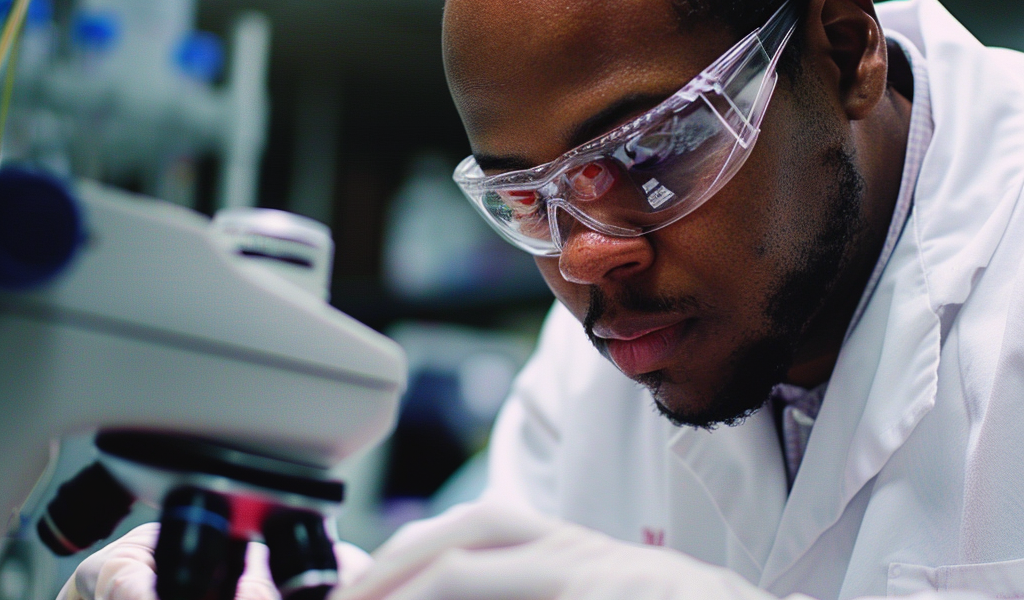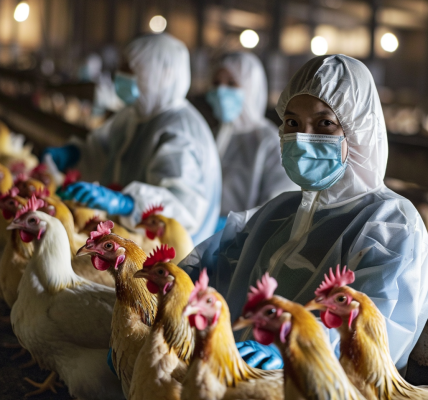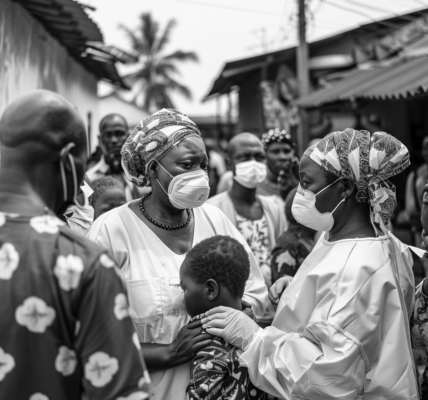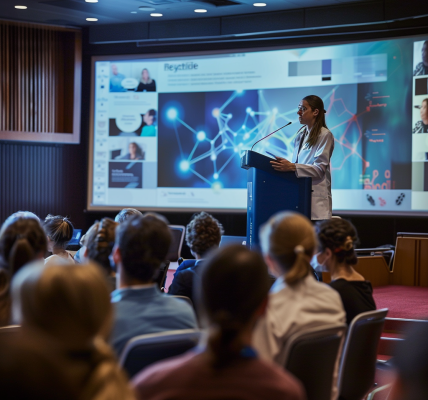A recent study conducted by the University of Washington School of Medicine has revealed an intriguing immune response to the initial surge of the SARS-CoV-2 virus and its early variants. The study found that the immune systems of vaccinated individuals exhibited a remarkable imprinting response to COVID-19, preparing antibodies and memory cells for future encounters with the virus.
Researchers observed that repeated vaccine exposures played a pivotal role in shaping the immune responses to subsequent infections. This phenomenon, known as immune imprinting, involves the body creating antibodies and memory cells encoded with information about vaccines or viruses to which it has previously been exposed.
According to the findings published in Immunity on March 14, the immune imprinting process essentially provides the body’s immune response with a head start at the beginning of subsequent infections. This discovery is particularly significant as it deviates from the known imprinting response observed in influenza virus infections, where imprinting is overcome after exposures to antigenically distinct flu viruses.
Lead author M. Alejandra Tortorici, a biochemist in the lab of biochemist David Veesler at the University of Washington School of Medicine, highlighted the extraordinary nature of the immune imprinting observed in response to the COVID-19 pandemic. Dr. Helen Chu from the Division of Allergy and Infectious Diseases also contributed to the research.
The study involved the analysis of plasma samples obtained from individuals who had recently received the XBB.1.5 mRNA booster, which was updated in September 2023. The researchers proposed two leading hypotheses to explain the observed immune imprinting response.
The first hypothesis suggests that residents of Seattle, where most of the samples were collected, may have been exposed to the virus multiple times, primarily through vaccination and some instances of infection. This repeated exposure may have led to the development of antibodies and memory cells specifically tailored for the original virus.
Alternatively, the second hypothesis, termed a working hypothesis by Veesler, suggests that the strong imprinting induced by mRNA vaccines and the delay in updating the composition of vaccine boosters throughout the pandemic may have influenced the immune imprinting response.
The study’s findings provide valuable insights into the immune response to COVID-19 and the potential impact of repeated vaccine exposures on shaping future immune responses to the virus. Further research in this area could contribute to the development of more effective vaccination strategies and enhance our understanding of immune imprinting in the context of viral infections.





